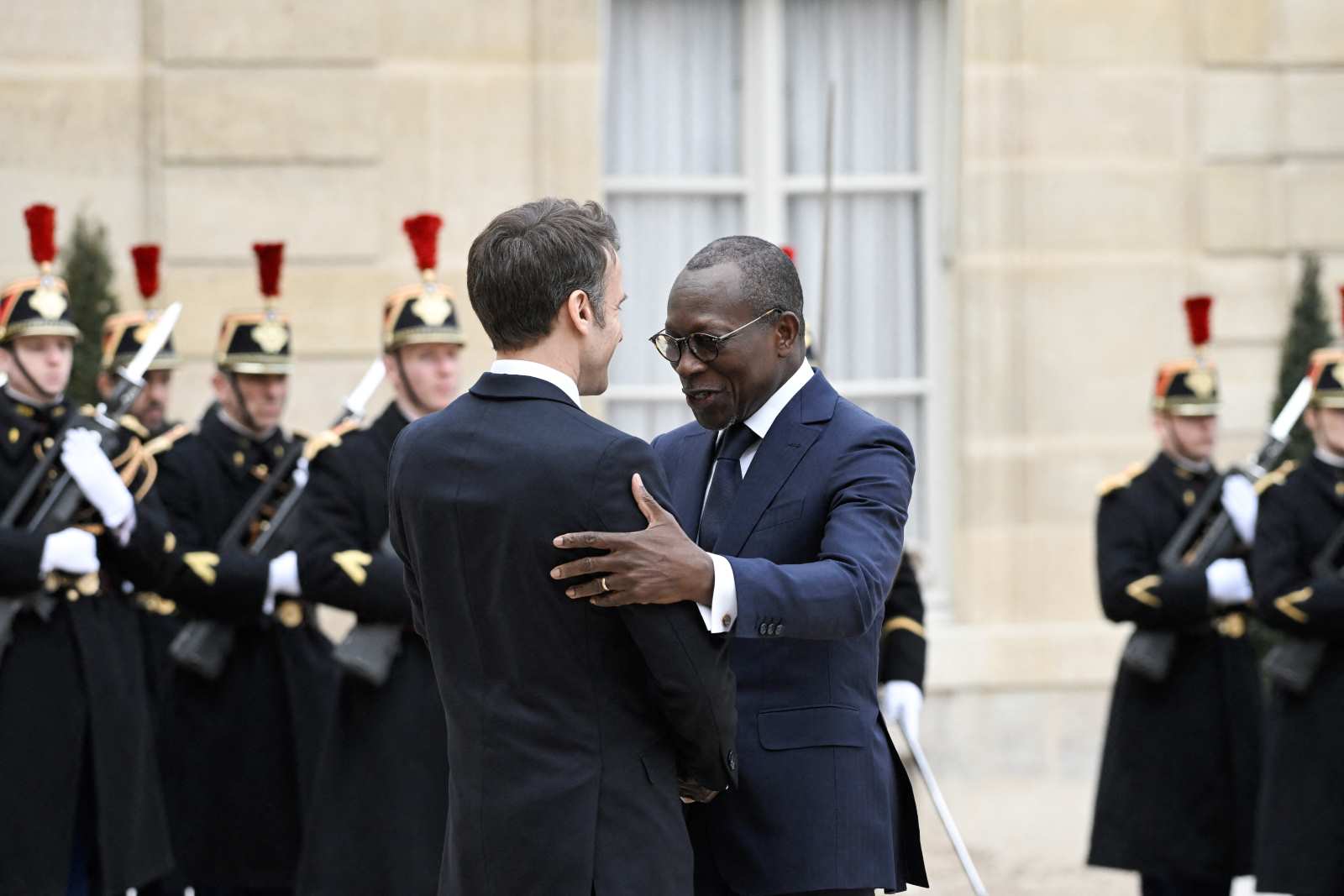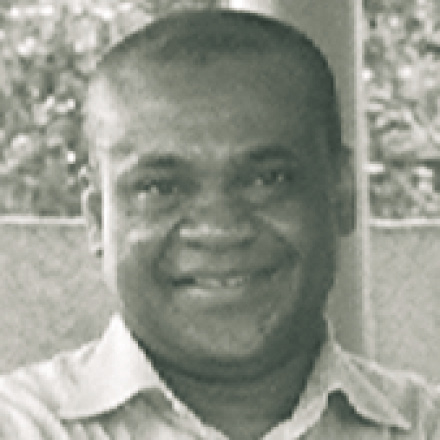Horn of Africa
Huge challenge

After Prime Minister Hailemariam Desalegn resigned, six long weeks passed before a new head of government was nominated. During this time, violent protests flared up across the country. Journalists and opposition members were freed from prison – only to be re-arrested. Speculations ran wild as to who would rise to power and which ethnic group that person would belong to. Behind-doors politicking showed that the ruling EPRDF (Ethiopian People’s Revolutionary Democratic Front), which has been in power for a quarter of a century, was nervous and struggling with internal dissent.
The EPRDF is an alliance of four parties which represent Ethiopia’s most important ethnic groups, including the Oromo. Making up about one third of the 105 million Ethiopians, they were always dominated by the Amhara, Ethiopia’s traditional rulers, or the Tigre minority. The latter, from the early 1990s on, called the shots in economic and political affairs. They also controlled the military and the intelligence services.
Abiy only became involved in politics in 2010, rising fast in the ranks of the Oromo party OPDO. He became a member of parliament and briefly served as minister of science and technology, before becoming the vice president of Oromia, his home region.
Following his ascent to the premiership, some people are now asking pointed questions about his earlier stint in the leadership of INSA, Ethiopia’s cyber spy-agency, as well as in military intelligence. His army rank is lieutenant colonel. Nonetheless, most Ethiopians appear to consider him a good guy who is serious about national reconciliation and reforms.
The big issue, however, is whether the newcomer can prevail in the struggle with the ancient regime in Ethiopia’s security establishment.
Having grown up under EPRDF’s infamous system of patronage and surveillance, young Ethiopians lack first-hand experience of a peaceful transition of power. They in particular are not likely to give Abiy the benefit of doubt. They are cynical about their nation’s political leaders – including those of the opposition. In view of inflation and widespread unemployment, politicians are believed to be out of touch at best. Abiy cannot expect any kind of political honeymoon. He must deliver fast.
Not least, his own power base is restless. These young, potentially violent Oromo youngsters call themselves “Qeeroo”, the Oromo word for “youth”. The symbol of an Oromo top leader means little to them. They want genuine change, jobs and political influence.
So far, Abiy has pressed many right buttons. He released journalists and opposition activists from detention and re-opened mobile internet access, which was shut for the better part of the past years.
Highly symbolic, he has visited regions of unrest emphasising his message of mediation and reconciliation.
The trouble is that many Ethiopians do not believe that the divides that have opened up between different ethnic groups over those past three years can be bridged easily. To date, every government has refused to become involved in any kind of meaningful national dialogue. Compounding the problems, the much hated state of emergency is still in force. If the new government wants to win the trust of its people it must suspend it once and for all – better sooner than later.
Abiy’s academic achievements may come in handy. The soft-spoken cyber expert-turned-politician has a master’s degree in change management and a doctorate in conflict mediation. In an interview last year, the then little known politician said that it is easier “to convince people of democracy than to pressure them into a democratic system”. Ethiopia’s new leader is a work-out enthusiast and is known to patronise the gyms of Addis Ababa. To achieve his ambitious goal of reuniting Ethiopians he will most certainly need stamina.
Ludger Schadomsky has been heading the Amharic Service of Deutsche Welle (DW) since 2007.
ludger.schadomsky@dw.com












